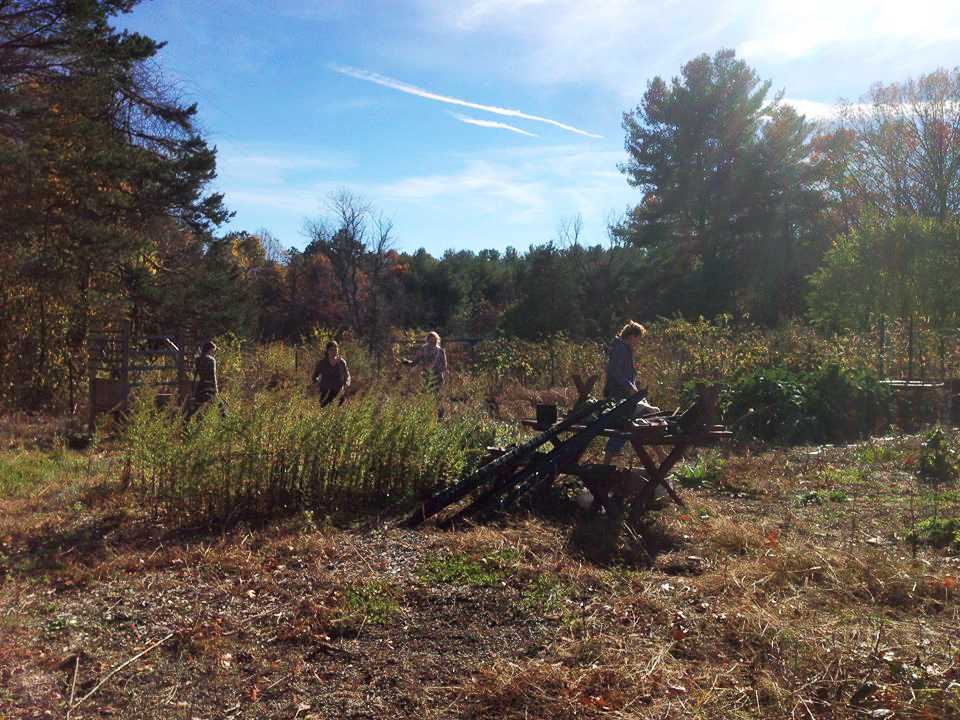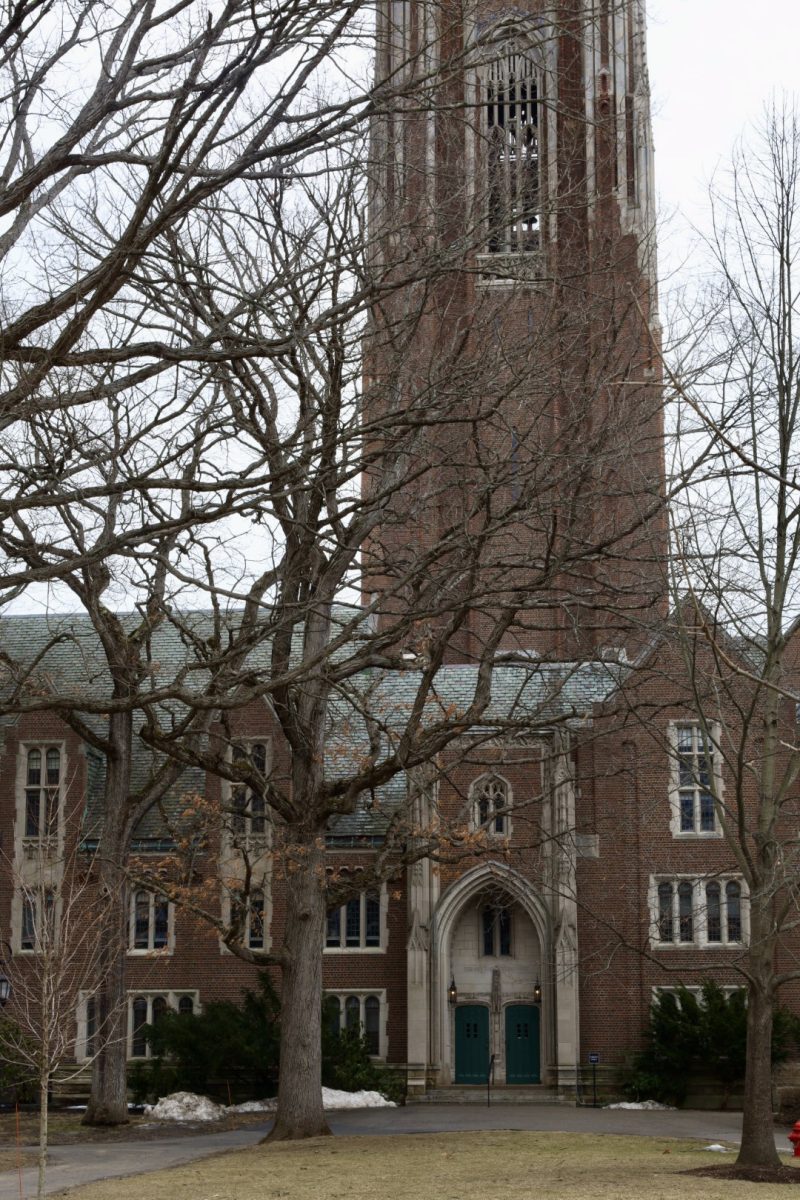Located on the North 40 are the community gardens, which include one-eleventh-acre plots leased out to Wellesley residents, as well as one plot for Wellesley College’s farming organization, Regeneration. Wellesley College has recently announced that it is going to sell the North 40 and that the offers for purchase are currently under review. Both the College and Town of Wellesley have voiced concerns as to the future of this designated farming land.
Established in late 2006, Regeneration’s farm has been growing a wide range of produce and flowers, from kale to marigolds. It has fostered a sense of community between the residents of the town and college students attending the college by interacting with Wellesley residents while farming. Hoping to continue farming, Regeneration has been in contact with the College regarding the future of the land. Ben Hammond, vice president of finance and administration, met with students from Regeneration at the end of the last academic year to discuss the future of the gardens after the sale of the North 40. Hammond promised Regeneration a new on-campus location for their farm that is suitable for growing, pulling out maps to speak specifically about where this location might be. Hammond has explored some possible locations further but is yet to meet with the members of Regeneration.
According to Co-Presidents Amy Isabelle ’17 and Grace Li ’17, Regeneration left the meeting optimistic that the College was fully onboard and most early uneasiness was settled. However, despite the promise of a new location and the encouraging meeting, Regeneration still has mixed feelings about the change.
“We were really happy with how our meeting with Ben Hammond went, and I have generally been happy with all my interactions with the people in charge this. They have really listened to us. The one thing I was a little disappointed in was the fact that the whole situation is a little bit vague,” Isabelle said.
Regeneration has also expressed concerns that promises would not be followed through.
“[The administration] have been telling us things, and promising us things, but it has not always been super clear,” Li agreed.
Regeneration is also going through large structural changes as an organization and have a lot of adjustments to go through even outside the selling of the North 40. This semester, there was a lack of returning members for various reasons, including study abroad programs, and so the current presidents are taking advantage of the low member count to reimagine the goals and internal structure of Regeneration.
They also embrace the idea of moving to a more convenient location on campus but worry the move will cause a disconnect between the townspeople and the students.
“It would be in our best interest to move on campus, but at the same time the mission of our org is to increase farming in the community, so we want the people who are currently farming on that land to have a place to continue farming,” Isabelle said.
Li also expressed her concern for losing the sense of community the farms generated.
“Wellesley as a school doesn’t have a strong relationship with the town, and often times I feel the residents turn the other cheek,” Li said. “Having the community garden as a bridge between us and the community is really nice.”
Other Regeneration members feel similarly, that the North 40 is inconvenient to farm on but is worth it for the community-feel it generates between the College and the town.
“It would be more convenient for us, but it is also a matter of principle,“ Assistant Plot Manager Charlotte Kaufman ’18 said.
Hammond does not see the community gardens as a vital bridge between the Town and the College compared to other relationships.
“The community gardens are one very small piece of an overall relationship with the town, and they directly impact about 50 individuals and families,” Hammond said.
In terms of the plot owners themselves, they will lose their plots of land with the sale of the North 40, and with them, all the work they have put into their gardens.
Town residents have already displayed heated emotions regarding the North 40, so any decision the College does make will come under scrutiny. The Town residents who have plots on the North 40 are also more vocal on the issue because unlike Regeneration, they don’t have other pieces of land available for relocation.
This summer, the College notified the owners of the plots that they could continue to farm at least until the end of the 2015 season. Hammond mentioned however, that the College is considering buyers of the North 40 who wish to use the space for sustainability purposes since the College has a keen interest in environmental commitments.
The College has a strong interest in sustainability and stewarding open space, and has made clear that they will give significant consideration to a purchaser with a similar commitment. Hammond emphasized that the request for proposal included sustainable design and thoughtful environmental aesthetics.
Regeneration members have seen the level of investment some Wellesley residents have put into their gardens and understand why they would be upset with the sale of the North 40 and the loss of their current plots. There is a lengthy wait list for farming plots that goes as far back as 2008. However, in a complicated sale such as the one the College has proposed, Regeneration members understand it can be difficult to factor in everyone’s circumstances.
In terms of the College’s plans, Hammond states that landscaping is always a part of Wellesley’s design plans. Several projects are in progress including the possibility of a “green roof.”
Photo courtesy of Grace Li ’17






